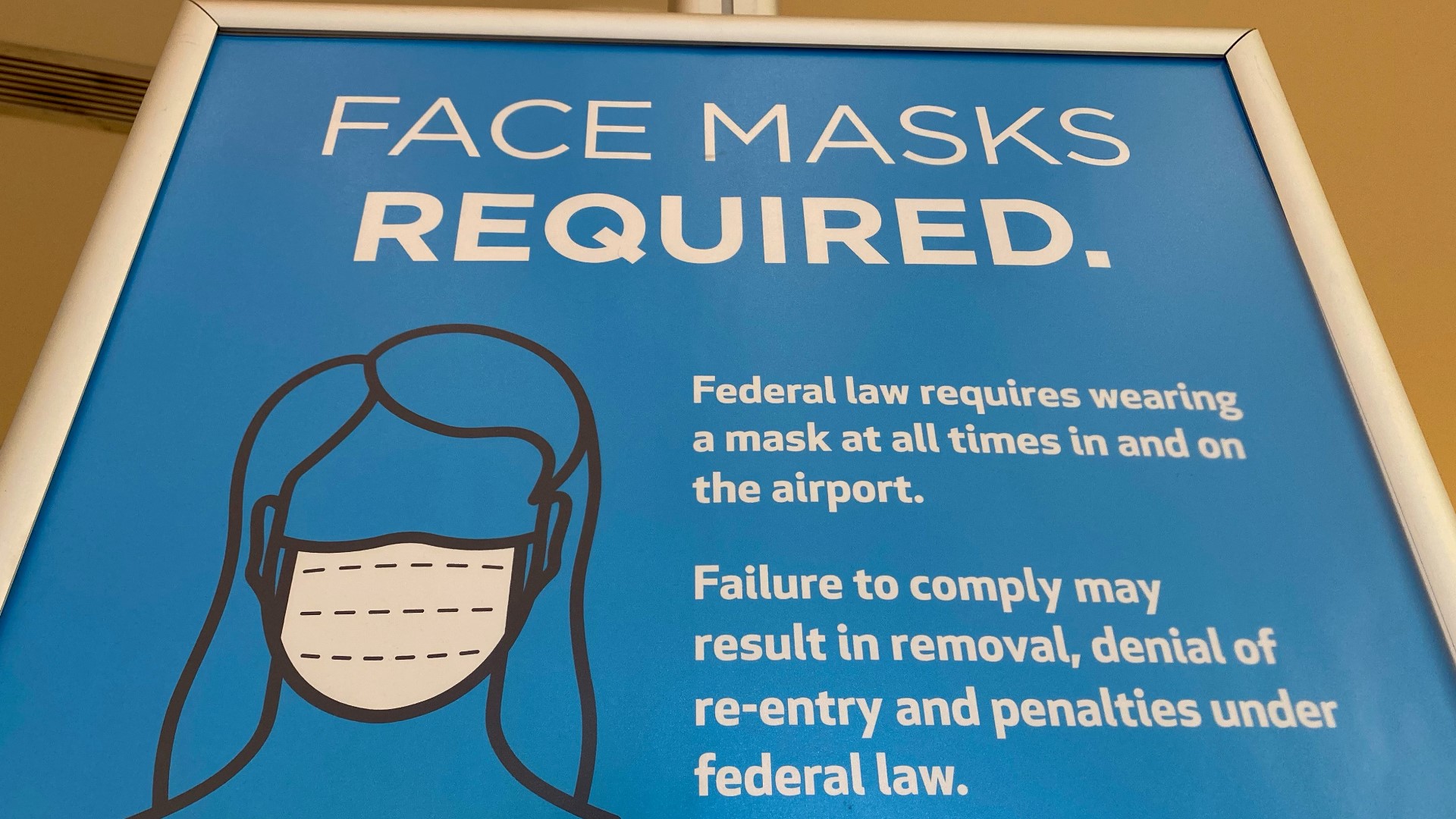COLUMBUS, Ohio — It's only a matter of time before the latest variant of concern is detected here in Ohio.
World Health officials say Omicron poses a very high global risk. But, our experts say we have the tools to stay safe -- and that includes getting vaccinated.
Infectious disease experts are closely watching omicron and its spread. They say while there are a lot of unknowns they do know this: the more people get vaccinated the less the virus will mutate.
"Seeing a new mutation should encourage us to all get out and get vaccinated,” said Dr. Mark Herbert, an infectious disease expert at Mount Carmel Health System.
There are three things infectious disease experts say we need to know about omicron:
- How easy does it spread?
- How sick can it make you?
- And how effective are the current COVID vaccines?
"We don't know if it spreads more easily. We don't know if the disease is worse,” said Dr. Herbert.
While we wait for the answers, experts say we have important safety measures that we know work; wearing masks and getting vaccinated. Two things that will be key for upcoming holiday traveling and gathering.
“The most powerful tool that everybody has access to is a vaccine,” said Dr. Joe Gastaldo from OhioHealth.
"In general, with viruses, like if you take influenza, the reason why we have always asked patients to get vaccinated against influenza is because we know the best treatment is prevention,” said Dr. Mahdee Sobhanie, an infectious disease physician at the Ohio State University Wexner Medical Center.
According to the Ohio Department of Health, omicron has not been detected in Ohio. A statement to 10TV reads in part, “We are closely monitoring developments regarding this variant. At this time, as you can see on our variant dashboard, Delta remains the dominant variant in Ohio.”
Ohio labs, including OD, have been using genomic sequencing for months to test PCR samples to detect variants. That includes new variants or ones of interest or concern. The data lags and can take three to four weeks. Data for variants of concern and variants of interest are updated weekly every Monday here.
When it comes to antiviral pills and how well they will hold up against the new variant, experts say it’s still too early to tell. On Tuesday, the FDA is scheduled to review clinical trial results for Merck’s molnupiravir. Later next month the FDA is scheduled to review Pfizer’s version called Paxlovid.

